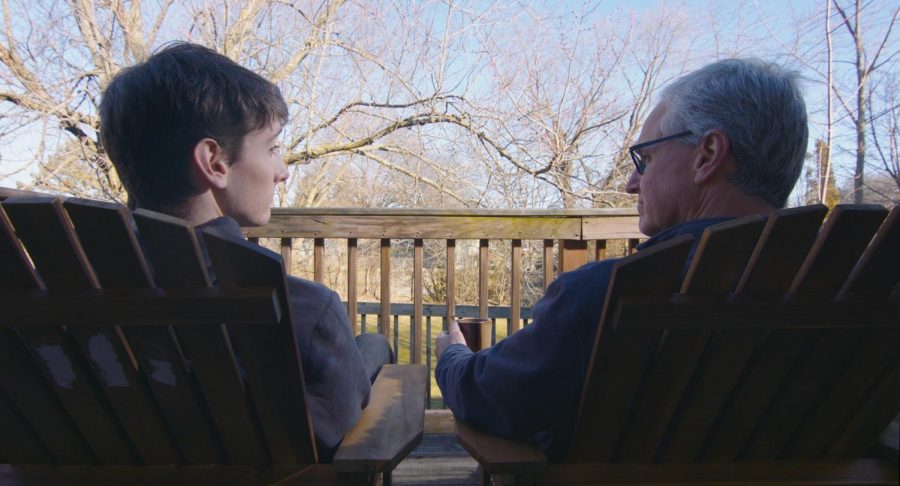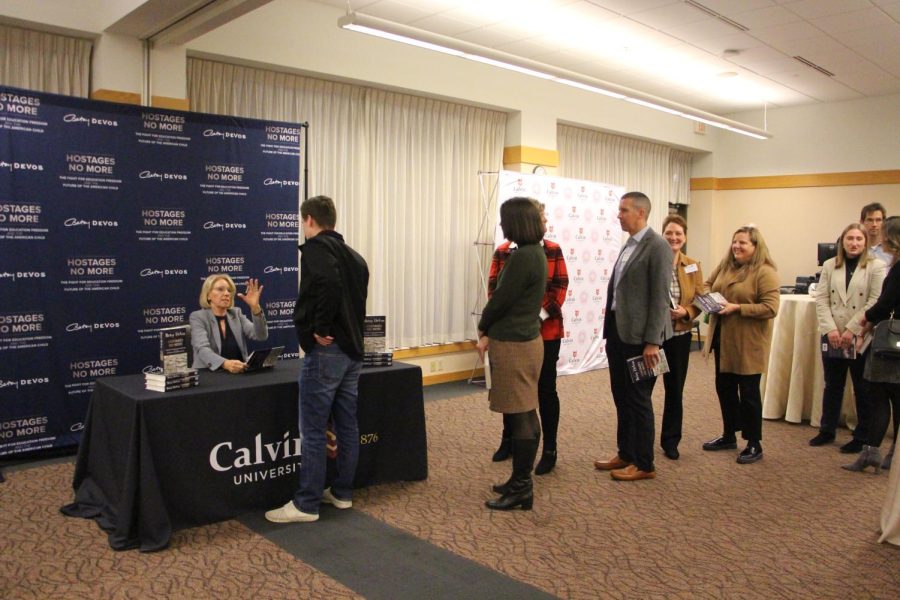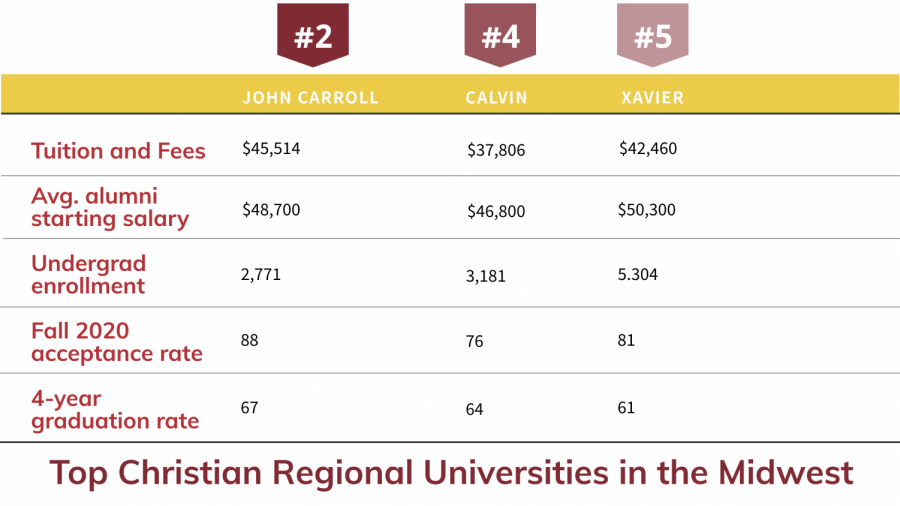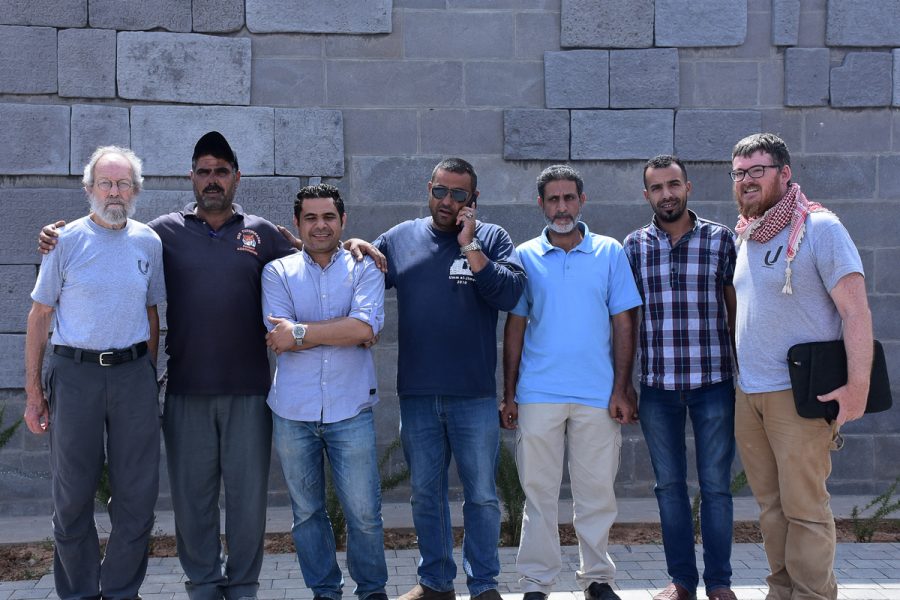Calvin launched a pilot dual-enrollment partnership with Holland Christian High School this year. The program consisted of Holland Christian teachers teaching Calvin courses on the high school campus for college credit.
Holland Christian identified some teachers they would want to teach the programs, both of whom had connections to Calvin: Mark Hiskes teaching English 213 and Dale Eizenga teaching Chem 103 and 104.
“They are both top-notch teachers who Calvin has a lot of respect for,” said the director of academic services and the registrar, Tom Steenwyk.
Students who sign up for the classes are dually-enrolled. The courses are taught just as they would be at Calvin, with mostly the same curriculum and same standards as Calvin.
“So far it seems to have gone quite well,” said Provost Claudia Beversluis. “We have seen test results from Chemistry; the seniors are learning well. We are eager to see writing samples.”
“It’s not the pure education we would want it to be,” said Steenwyk, “but we have to do it and want to do it well.” He also emphasized there was not accreditation issue.
The main questions facing Calvin deal with expansion.
“Now other high schools also want to do it, but we don’t know them,” said Steenwyk. “We already had a good relationship with Holland Christian.”
The high school approached Calvin in the spring of 2012.
“It was actually honoring that they would ask us,” said Steenwyk. “Calvin had never been interested in this this sort of thing … but other colleges were already doing it, even in our own backyard.”
So Calvin decided to look into it. “It was mostly parent-driven, rising from dissatisfaction with [Advanced Placement] tests,” said Steenwyk, referring to standardized tests that students across the country take to gain college credit after completing an advanced high school course. “The students would take these courses and pay for the tests, but if you get a two or three, colleges don’t accept them.”
The push for the partnership is also a sign of the times, said Beversluis. “Methods of education delivery are changing so rapidly. Calvin is experimenting, like with our online school.”
“We would have to proceed cautiously,” said English co-chair Elizabeth Vander Lei. She went on to say that the department would establish the program only at schools where the relationship ensured they could have appropriate access to data, talk with and assess the qualifications of the teachers and be certain of their administrative practice.
“They would have to meet the minimum requirements of all English department adjunct faculty,” she said.
The second issue deals with curriculum.
Mark Muyskens, chair of the chemistry department, stated, “It is important that we have confidence the [Holland Christian] students are getting equivalent chemistry courses to what is taught at Calvin. Chem 103 and 104 at [Holland Christian] are not the same as an AP chem course.”
The English department is also ambivalent towards the program. “It’s all about assessment,” said Vander Lei. “It is wise to gather data so we can speak intelligently on the future plans.”
Her co-chair William Vande Kopple voiced further department concerns. “They are threefold: one, if we expand, there will be people teaching core lit courses that are not Calvin faculty. Two, will this wipe out the core lit sections in the department? Even if there are 60 students out of 1,000 exempt, that could wipe out two whole sections, which has implications for faculty workload.”
The third has to do with the depth of the experience of students reading challenging texts outside the college atmosphere. “It’s a different experience reading [these authors] as a junior or senior [high school student] than as a college freshman who is also taking philosophy and religion and history,” said Vande Kopple. “You don’t have the same depth of insight or discussions.”
It seems that the general consensus among faculty is to watch and wait. “We’re committed to one more year,” said Vande Kopple, “then we’ll see what happens after careful assessment.”
What the debate ultimately comes down to is a struggle between values and the changing nature of education.
“The game already being played,” said Steenwyk. “If Calvin doesn’t get involved, it will be at a disadvantage. But whether or not we get involved, we want to do it well.”








